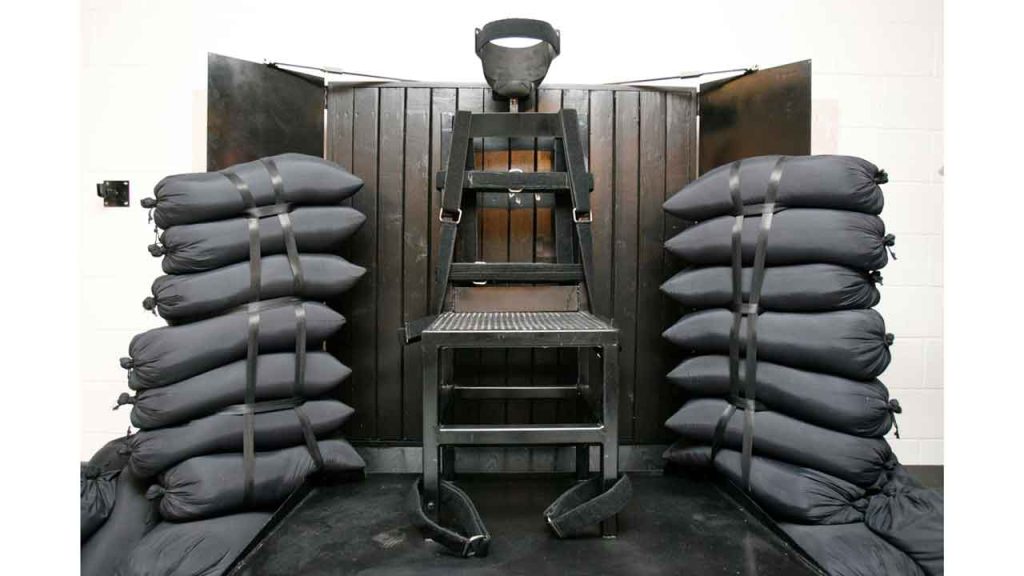The state of Idaho is poised to reinstate the firing squad as its primary method of execution, a move driven by concerns over the efficacy and humaneness of lethal injection. This shift comes after a series of botched lethal injections nationwide, including one in Idaho involving convicted serial killer Thomas Eugene Creech. State Representative Bruce Skaug, the bill’s sponsor, argues that the firing squad offers greater certainty, fewer legal challenges, and a more humane death than lethal injection. This renewed interest in the firing squad is not unique to Idaho, with other states also reconsidering this method amid growing controversy surrounding lethal injections.
The proposed legislation designates the firing squad as the default execution method, eliminating the need for additional taxpayer funding as resources were allocated in a previous bill. This move places Idaho among a small number of states that permit execution by firing squad, though its use is exceedingly rare. The legislation arrives amidst preparations for the capital murder trial of Bryan Kohberger, accused of killing four University of Idaho students. If convicted, Kohberger could face execution by firing squad under the proposed law, though his defense team is actively challenging the death penalty and the evidence used in his arrest.
The debate over execution methods is not new. Lethal injection, once hailed as a more humane alternative, has faced increasing scrutiny due to drug shortages, botched procedures, and questions about the level of suffering inflicted. Some experts, including Fordham Law School professor Deborah Denno, a leading authority on capital punishment, contend that the firing squad offers a more efficient and humane alternative. Denno points to the relatively swift and dignified deaths in the few modern firing squad executions, contrasting them with the often-problematic nature of lethal injections.
The potential resurgence of the firing squad has ignited discussions about inmate choice in their method of execution. Denno suggests that given a choice, more inmates might opt for the firing squad over lethal injection. This perspective is supported by observations in Tennessee, where inmates have increasingly chosen electrocution over lethal injection when presented with the option. This trend reflects a growing unease with the perceived fallibility and potential for suffering associated with lethal injection.
The Idaho bill’s potential passage has garnered support from legal experts like Matt Mangino, a former Pennsylvania prosecutor and author of a book on capital punishment. Mangino argues that while lethal injections may appear more clinical, they can be far more gruesome in reality. The use of paralytic agents in the lethal injection cocktail, he points out, serves primarily to prevent the condemned from exhibiting visible distress, prioritizing the comfort of witnesses over the inmate’s experience. This raises ethical concerns about the true nature of lethal injection and its potential to mask suffering.
As Idaho moves forward with this legislation, the state joins a national conversation on the future of capital punishment. With eight individuals currently on death row, including Creech, and the high-profile Kohberger trial looming, the debate over execution methods takes on added urgency. The bill, currently in committee, awaits a public hearing and testimony before proceeding further. The outcome will significantly impact the landscape of capital punishment in Idaho and potentially influence similar discussions in other states grappling with the complexities of carrying out death sentences.










